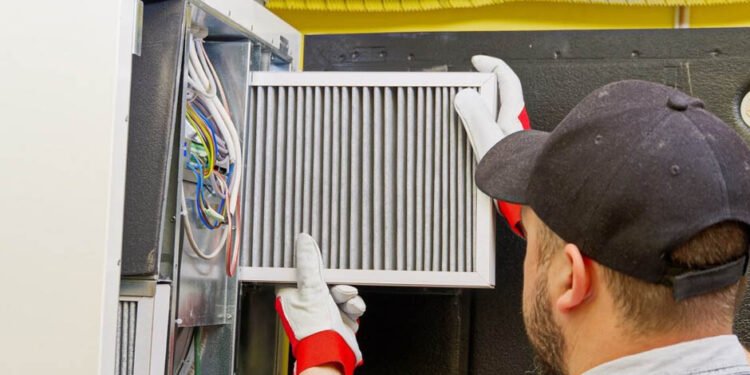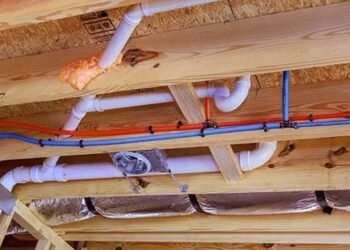Key Takeaways
- Regular HVAC maintenance can lead to significant cost savings.
- Understanding the benefits of maintenance agreements helps in decision-making.
- Discover practical tips for selecting a suitable maintenance plan.
Owning a home comes with its share of responsibilities, which ultimately means maintaining your essential home systems. One of the most critical yet overlooked responsibilities is ensuring the longevity and efficiency of your HVAC system. A valuable tool in achieving this is the implementation hvac maintenance programs. These agreements are designed to provide scheduled services that prevent pricey and inconvenient breakdowns while systematically extending the life of your system.
By addressing regular maintenance, not only do homeowners curb expensive emergency repairs, but they also enhance their system’s energy efficiency. With the volatility of energy prices, having an efficient system is paramount, providing a noticeable reduction in utility bills. Thus, investing in a well-thought-out maintenance program goes beyond mere preventive steps—it’s a financially savvy decision that yields long-term rewards.
Introduction to HVAC Maintenance Agreements
HVAC maintenance agreements can be likened to health checkups for your home’s climate control systems. They consist of contracts that guarantee routine inspections and preventive care for both heating and cooling systems. Agreements often include seasonal evaluations, thorough cleaning of components, and buyer-friendly discounts on any requisite repairs or parts. Choosing a maintenance plan ensures your system functions with peak efficiency, translating into quantifiable savings and maximized comfort throughout each season.
Why Regular HVAC Maintenance Is Important
Analogous to periodic medical examinations, HVAC maintenance identifies potential challenges before they evolve into significant problems. Systems subjected to routine maintenance demonstrate higher operational efficiency compared to those neglected, leading to reduced energy consumption. This is especially pertinent, given that energy costs continue to climb. The U.S. Department of Energy highlights that well-maintained systems inherently use less energy, which undeniably lightens the load on energy bills.
Cost Savings Through Preventative Care
A strategic approach to HVAC maintenance involves recognizing the financial benefits of proactive versus reactive measures. Routine maintenance prevents abrupt outages and repairs that can quickly surge into hefty costs. By addressing minor issues during scheduled maintenance visits, the service agreements serve as an early intervention tool, which circumvents the financial strain of larger systemic failures. This forward-thinking approach to maintenance often results in significant savings, keeping more money in homeowners’ pockets over time.
How Maintenance Agreements Prolong System Life
The ability of maintenance agreements to prolong the life of HVAC systems by several years is a sometimes disregarded advantage. Consistent and routine care reduces the wear and tear on system components and mitigates the risk of premature failures. Addressing potential malfunctions early prevents them from escalating into severe issues that could demand a costly system replacement. Therefore, a well-maintained system is robust and durable, providing a longer service life and a better return on investment.
Features of a Good Maintenance Agreement
When exploring maintenance agreement options, several critical features should be prioritized. Expect your agreement to include annual or seasonal system assessments, component replacements or updates, and prioritized emergency response services. The ideal combination offers a thorough and balanced care regimen at a predictable and reasonable cost. Avoid surprises by reading terms carefully to ensure transparency and value in the services rendered.
Tips for Selecting an HVAC Maintenance Plan
Selecting the right HVAC maintenance plan involves several considerations tailored to individual needs. Key factors to evaluate include contract terms, the reputation and expertise of the service provider, and a thorough understanding of the services covered. High-quality service providers often provide upfront evaluations to align their offerings with client expectations. Seeking expert guidance from trusted sources can also aid in making a well-informed decision that best suits your home’s specific requirements.
Conclusion: Making the Most of Your HVAC System
In essence, HVAC maintenance agreements represent a strategic line of defense in optimizing system performance and longevity. They not only safeguard against future breakdowns but also deliver considerable savings over the years, all while ensuring consistent comfort within the home. By selecting a comprehensive and well-structured maintenance plan, homeowners can relish the peace of mind that accompanies a system primed for efficiency and resilience.












